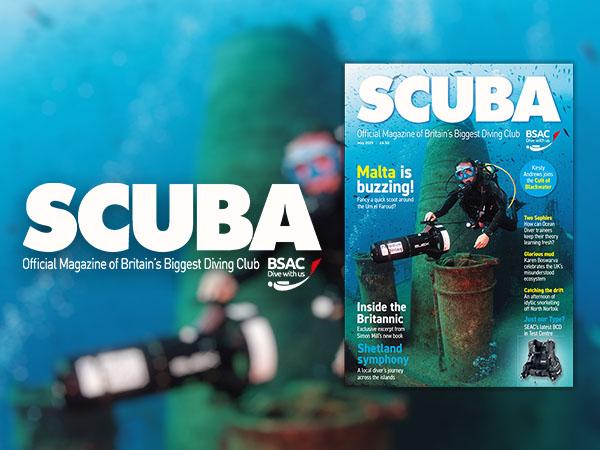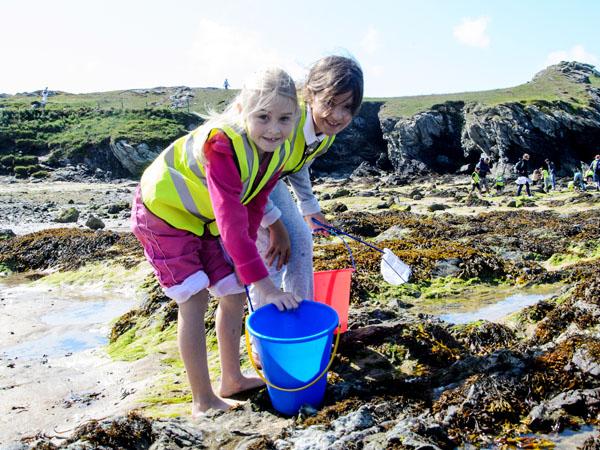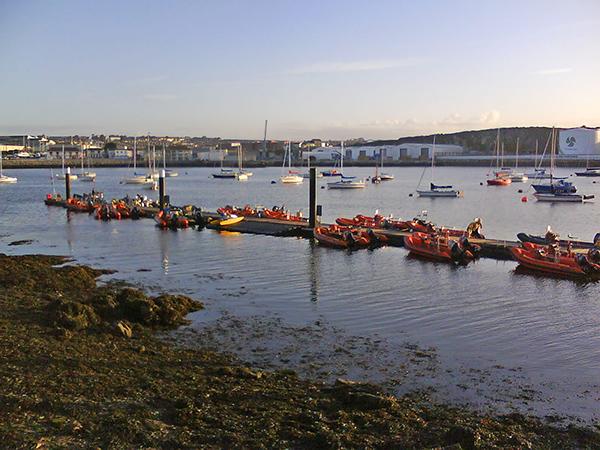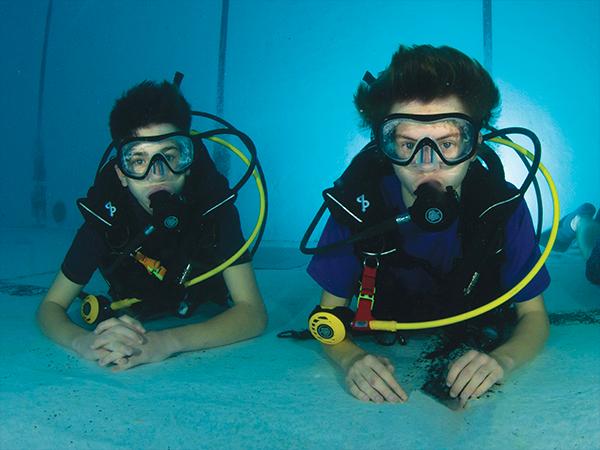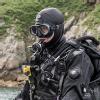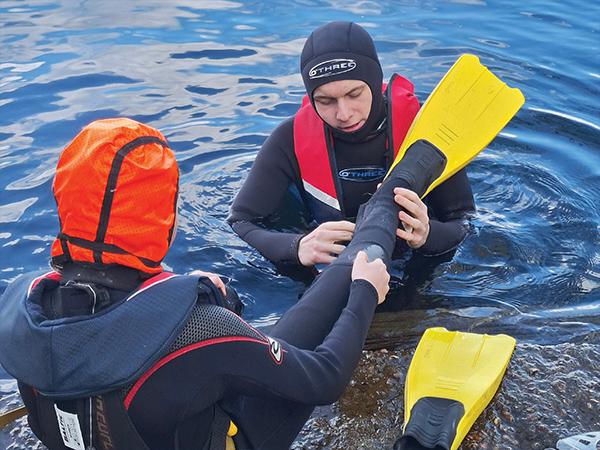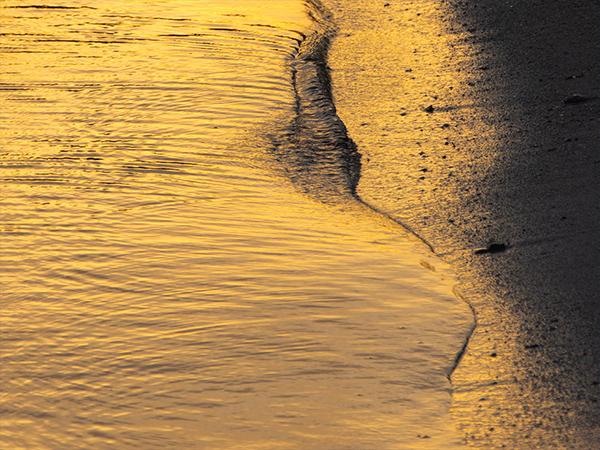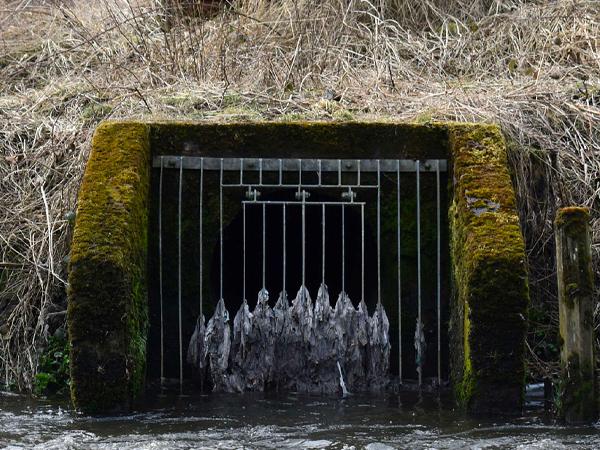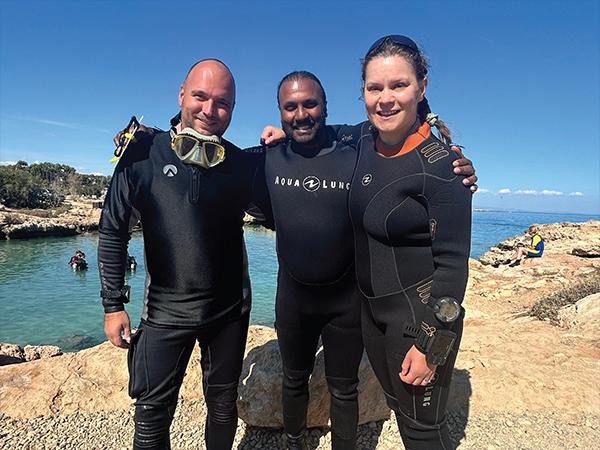Diving or snorkelling with a club in the UK is great fun.
It's probably the most challenging and rewarding diving and snorkelling you are ever likely to come across. So, it's also important to be prepared. Researching and understanding the dive, or snorkel, site before you arrive is really important so that you get the most from your trip. Every club will have their own way of organising a trip but we have put together a few tips and recommendations below to help you.
UK dive sites and access
Hook up with another BSAC club
When diving somewhere new contacting the nearest BSAC club, BSAC centre or the dive operator local to the dive site to ask their advice is always a good idea. They may even be planning a dive in the area that you could join.
Ask them about the local conditions and regulations, they may even be able to provide you with the correct chart and tide tables for the area.
Tips for UK dive sites
There is a wealth of information online and in books and magazines on UK dive sites but if you need a little inspiration take a look some of the UK's top dive sites and some introductory information to inland dive sites in the UK.
On a diving or snorkelling trip you should always:
- get permission before diving in a harbour or estuary or in private water
- thank those responsible before you leave
- pay any harbour dues
- avoid overcrowding one site, consider other people on the beach
- park courteously
- keep launching ramps and slipways clear - try not to spread yourselves and your equipment
- pick up litter, close gates, be careful about fires, avoid any damage to land or crops
-
obey special instructions such as National Trust rules, local bye-laws and regulations about camping and caravanning
Read more in the diver's code of conduct. This link to UK boat launching sites should help you plan your open water dives around the UK coast.
Safe access/egress (entries and exits)
- Before your dive or snorkel, you should make sure that you can get into the water and climb back out again safely, with your diving or snorkelling equipment.
- It's important to remember that the weather and tides can change while you are underwater. This can sometimes affect your planned exit point and it could make it harder to exit the water.
- If you need to maintain contact with your surface cover throughout the dive, you should consider using an SMB throughout the dive.

